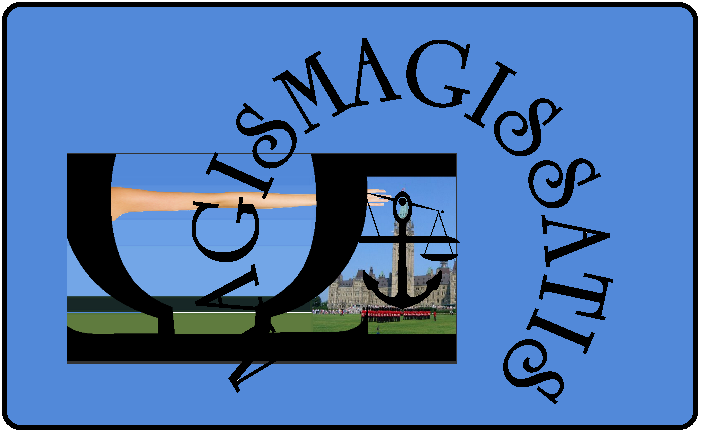It might be argued that fee structures in relation to transit do little more than deter abuse. In a smaller city where ridership is scarce, introducing fares for meandering bus rides could be viewed as next to pointless in terms of offsetting operational costs. Without the free-fare bus service, non-drivers might not be otherwise inclined to get out and spend money around town or participate in community driven events.
I worry that when city coffers are looking skint, and overlooked maintenance issues begin to mount, the fee might jump from a cool $0.00 to some unrealistic rate.
Are 'free' bus rides a boon to local commerce in small cities?
I worry that when city coffers are looking skint, and overlooked maintenance issues begin to mount, the fee might jump from a cool $0.00 to some unrealistic rate.
Are 'free' bus rides a boon to local commerce in small cities?
As a rate payer in Cold Lake, are you in favour of continuing to subsidize free transit in the city? #ColdLake
— [High Quality]® (@moremoreenough) February 23, 2016
